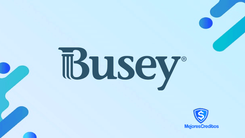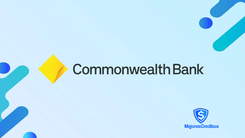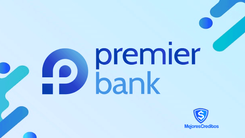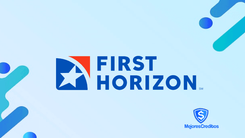With the increase in online payments and transactions, the risk of financial fraud has also increased. Online financial fraud can take a huge toll on users, and it is important that we all take precautions to avoid these scams. There are a few ways to identify and avoid online financial fraud.
One of the most effective ways to avoid financial fraud is to use strong passwords to protect your accounts. Strong passwords are those that contain a combination of uppercase letters, lowercase letters, numbers and special characters. In addition, you should periodically change your passwords to ensure that your account is protected.
Another way to avoid fraud is to keep a watchful eye on online transactions. Always check your bank balance and records to make sure all your transactions are authorized by you. If there are suspicious transactions, contact your bank to inform them and seek additional help.
Introduction
Online financial fraud is a constant threat to our security. We must be aware of how to identify and avoid them to protect our data and funds. In this article, we will present some simple measures that can help you protect yourself from online financial fraud.
What is online financial fraud
Online financial fraud is a growing crime in the digital age. It is a form of electronic scam or theft in which criminals try to trick people for money, credit cards and bank account numbers. These criminals often use deceptive tactics to obtain sensitive personal and financial information.
Online financial fraud can come in many forms. This includes phishing, where criminals send emails and text messages that mimic legitimate communications from financial institutions with the goal of obtaining personal information. Phishing can be even more sophisticated if executed through fraudulent websites or malware designed to obtain passwords or account numbers.
How online financial frauds are carried out
Online financial fraud is on the rise. There are several ways in which thieves attempt to steal credit card and bank account information. Most of them involve the use of advanced phishing techniques, code injection, hacking and other tools used to compromise users' security.
However, financial frauds are not always carried out over the Internet. Some criminals take advantage of the naivety and trust of their victims to gain unauthorized access to their accounts. This technique is commonly referred to as phone fraud or email fraud.
Tips to avoid online financial fraud
Step 1: Always do a reputation check on the company before making an online transaction. Make sure the company is licensed and regulated and that there are no negative histories. If you find any negative information, look for an alternative.
Step 2: Be wary of websites that ask for personal information such as credit card numbers, mailing addresses or user names and passwords. Never share this information with unknown or unsecured websites.
Step 3: Make use of secure solutions to protect your online transactions, such as using SSL encryption, two-factor authenticator and other security systems to protect your personal data.
Tips to reduce the risk of becoming a victim of online financial fraud
1.Do not share personal or financial information: Before providing any personal or financial information, such as your debit card number or identification information, make sure the website is secure. Always check the URL to make sure it begins with "https".
2. Use a strong password: Always use a strong password consisting of a combination of letters, numbers and special characters. Never share your password with anyone and avoid using the same password on multiple accounts. Also, change your password regularly.
Conclusions
In conclusion, there are several ways to identify and avoid online financial scams. These include keeping up to date with security-related news, carefully checking suspicious emails, and not clicking on unknown websites or websites that may be infected. In addition, pay attention to your bank's security policies and use only secure channels for banking. Finally, users should be aware of their rights as consumers and always keep in mind the priority of their security.













